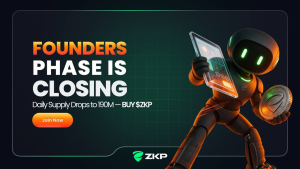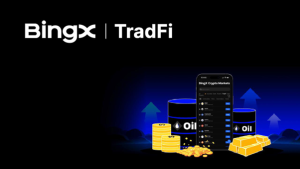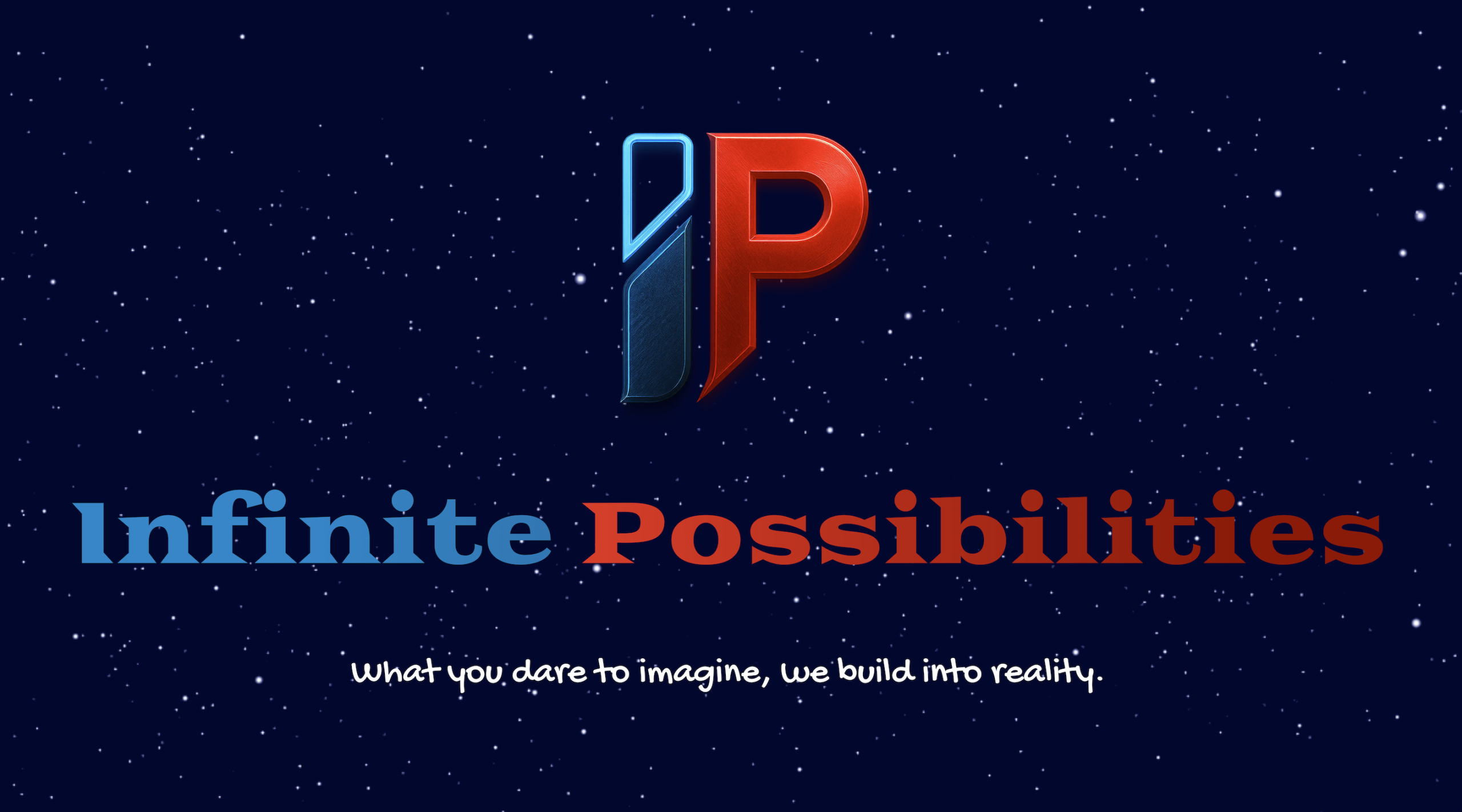| Key Points: – Particle’s Universal Account enables cross-chain access via a single ERC-4337 smart wallet. – Universal Liquidity and DMN allow real-time value movement without bridging. – UniversalX showcases chain-agnostic trading, MEV protection, and gas-free interactions. |
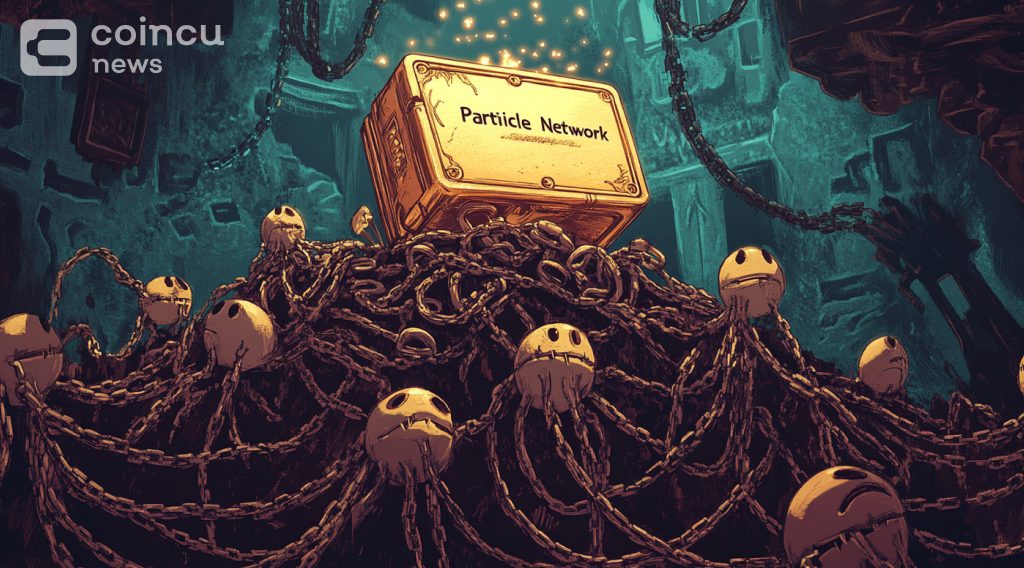
At the heart of Particle Network’s chain abstraction model is the Universal Account, an ERC-4337 smart account coordinated by the Particle Chain, enabling users to interact with Ethereum, Solana, Bitcoin L2s, and more—without switching wallets or bridging assets.
Complementing this is Universal Liquidity, powered by the Decentralized Messaging Network (DMN), allowing value to move in real-time across chains.
With gas abstraction via a native Paymaster, users can pay fees in any supported token, while the newly launched UniversalX platform showcases this tech with on-chain trading, MEV protection, and multi-network access through one balance.
One Account, All Chains
The concept of a unified account for all blockchain interactions is at the center of Particle Network’s chain abstraction initiative.
Known as Universal Accounts, this mechanism provides a single address, balance, and interaction layer across various blockchain networks. Unlike conventional wallets bound to individual chains, Universal Accounts eliminate the need for asset bridging, manual wallet switching, or repeated approvals.

Technically, these accounts are built as ERC-4337 smart accounts and are coordinated across chains through the Particle Chain. Once users log in using social credentials, externally owned accounts (EOAs), or embedded interfaces, their actions are automatically directed through their Universal Account.
The framework enables interaction with networks such as Ethereum, Solana, and Bitcoin Layer 2s while presenting users with a unified experience.
Universal Liquidity: Move Value, Not Chains
In addition to unifying accounts, Particle Network introduces Universal Liquidity, a system designed to enable real-time value coordination across blockchain networks.
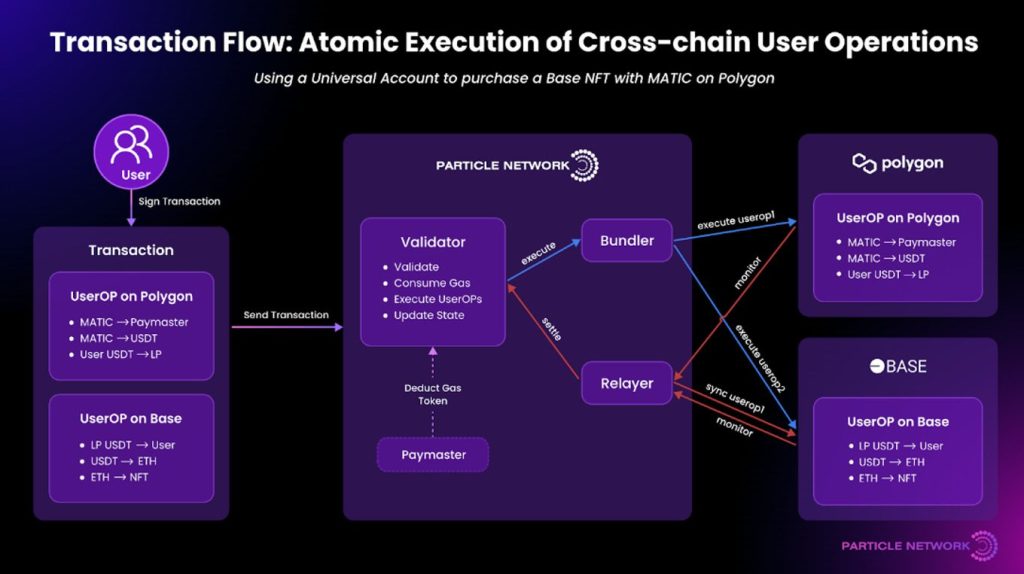
For example, if a user holds 1 $ETH worth of $POL on Polygon but intends to interact with a dApp on Optimism, traditional processes require bridging, asset approval, and delay. Under Particle’s system, the exchange and transfer occur in a single step, without manual intervention.
The process is facilitated by the Decentralized Messaging Network (DMN), which handles transaction signatures, execution, and liquidity coordination in the background. The system creates the effect of maintaining one consolidated balance across all networks.
Gas Abstraction: Any Token, Anywhere
Gas fees present a recurring issue in blockchain usability due to the need for native tokens to process transactions on specific chains.

Particle Network addresses this with a native Paymaster module, allowing users to cover gas fees using any supported token, such as $USDC, $POL, or $DOGE. Regardless of the network—be it Arbitrum, Solana, or Base – fees are ultimately settled in $PARTI on the Particle Chain.
UniversalX: The First Real Use Case

To showcase the Universal Accounts model, Particle Network launched UniversalX, a trading platform that enables chain-agnostic interaction.
The platform provides:
- Token trading across chains without bridging.
- A single balance for use on Solana, Ethereum, Base, and others.
- Gas fee payments using any token.
- Direct purchases through credit card or Apple Pay.
- Full protection against MEV (Maximal Extractable Value) manipulation.
UniversalX delivers functionality typical of centralized exchanges while operating entirely on-chain. The Universal SDK handles cross-chain operations, and Particle Network develops the broader infrastructure.
The combination of Universal Accounts and UniversalX represents a shift in how blockchain users engage with decentralized platforms.
Rather than selecting individual chains, users interact directly with applications. The infrastructure manages the underlying operations, removing the burden of manual asset and network management.
| DISCLAIMER: The information on this website is provided as general market commentary and does not constitute investment advice. We encourage you to do your own research before investing. |











